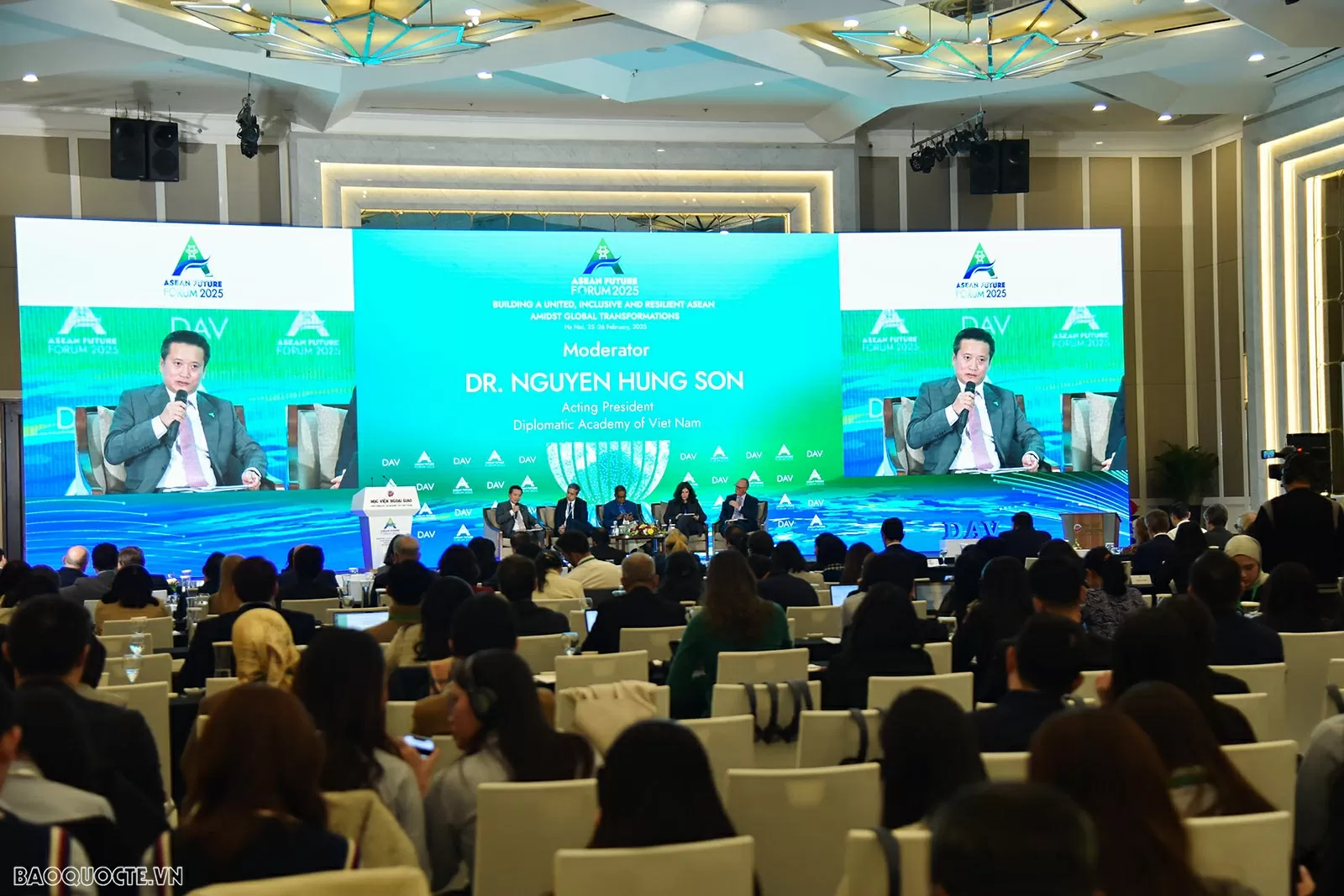 |
| Overview of the fifth plenary session with the theme “ASEAN’s role in uniting and promoting peace in a fragmented world ” within the framework of the ASEAN Future Forum 2025. (Photo: Tuan Anh) |
The topic received much attention from speakers from within and outside the region, including Mr. Kirti Vardhan Singh, Minister of State for Environment, Forestry, Climate Change and External Affairs of India; Minister of Foreign Affairs of Japan Takeshi Iwaya; Secretary of State for External Affairs of the United Kingdom David Lammy; Ambassador Ong Keng Yong, Permanent Vice President, S. Rajaratnam School of International Studies (RSIS); Prof. Amitav Acharya, Emeritus Professor, American University; Mr. Marc Abensour, Special Envoy of France for the Indo- Pacific ; Dr. Valeria Vershinina, Deputy Director of the ASEAN Center, Russian Diplomatic Academy; Mr. Daniel Flitton, Editor, The Interpreter Magazine (Lowy Institute).
The 21st century is the century of India and ASEAN countries.
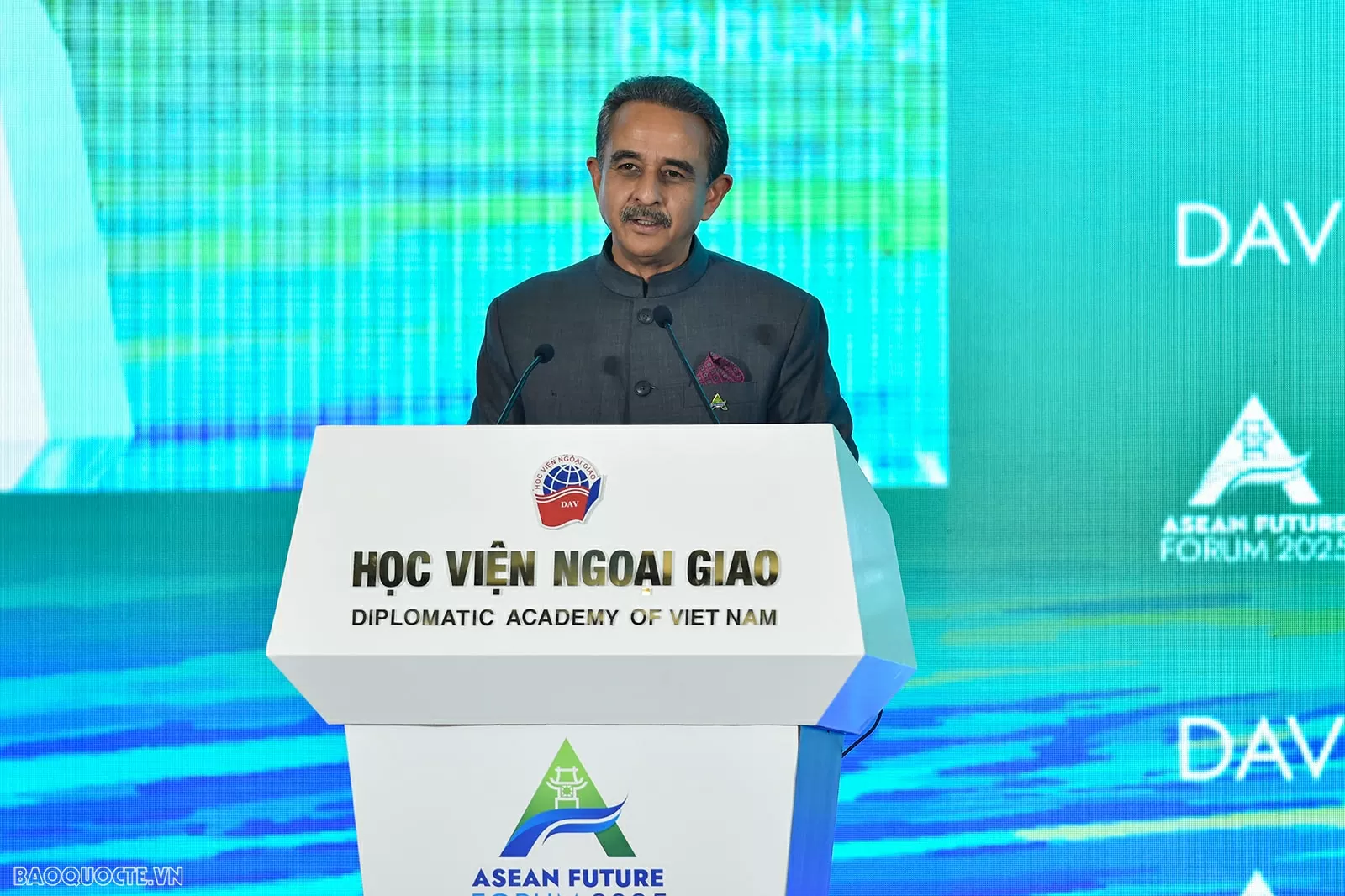 |
| Indian Minister of State for Environment, Forests, Climate Change and External Affairs Kirti Vardhan Singh shares about ASEAN-India cooperation in the new context at the fifth plenary session of the ASEAN Future Forum 2025. (Photo: Tuan Anh) |
Speaking at the meeting, Kirti Vardhan Singh, Minister of State for Environment, Forests, Climate Change and External Affairs of India, said that ASEAN is a model of successful regional cooperation, integration and multilateralism. Established 58 years ago, ASEAN today is a symbol of unity and centrality, and a strong voice for peace, prosperity and stability in the Indo- Pacific region. The ASEAN-led regional architecture inspires constructive dialogue and substantive cooperation in the region.
India’s engagement with ASEAN began in 1992, but India’s ties with the region are rooted in a shared heritage, knowledge and faith that spans thousands of years. These connections continue to inspire and form a strong foundation for our relationship today.
Quoting Indian Prime Minister Narendra Modi at the ASEAN Summit in October 2024 in Laos, affirming that “it is the century of ASEAN, the century of India and ASEAN countries”, Mr. Kirti Vardhan Singh said that, in the context of the world shifting from unipolarity to multipolarity, ASEAN's spirit of solidarity, inclusiveness and adaptability helps Asia overcome challenges both at the regional and global levels in an increasingly fragmented world.
Indian Minister of State for Environment, Forests, Climate Change and External Affairs, affirmed that ASEAN is a core pillar of India’s Act East Policy and Indo-Pacific Vision. India is one of the strongest supporters of ASEAN unity and centrality.
"As we enter the fourth decade of ASEAN-India relations, we are committed to further strengthening and deepening the ASEAN-India Comprehensive Strategic Partnership. ASEAN and India, as neighbours and partners in the global South, represent the growing aspirations of over 1.1 billion people. We believe that the convergence between the ASEAN Outlook on the Indo-Pacific and India's Indian Ocean Initiative will provide a driving force to advance our shared goals of peace and prosperity in the region. ASEAN-India cooperation has great potential to further contribute to common development and address regional and global challenges," Mr. Kirti Vardhan Singh emphasized.
The Indian Minister of State for Environment, Forestry, Climate Change and External Affairs also proposed focusing on a number of initiatives to enhance cooperation between the two sides: Prioritizing regional connectivity; Reviewing the ASEAN-India Trade in Goods Agreement; Cooperation in the field of digital infrastructure and cross-border digital payments; Cooperation in the field of climate change and sustainable development...
As an active member in all ASEAN-led mechanisms, India also looks forward to promoting a people-centric development partnership through the four ASEAN-India Funds: Cooperation Fund, Green Fund, Science and Technology Fund and Digital Future Fund.
“We reiterate our unwavering support for ASEAN unity and centrality. As a ‘Vishwa Mitra’ – friend of the world, India will continue to work with ASEAN to further strengthen the ASEAN-India Comprehensive Strategic Partnership for shared prosperity. As an ancient text says, ‘Let noble thoughts come to us from all directions’,” Mr. Kirti Vardhan Singh said.
ASEAN - an important "link" of the Indo-Pacific region
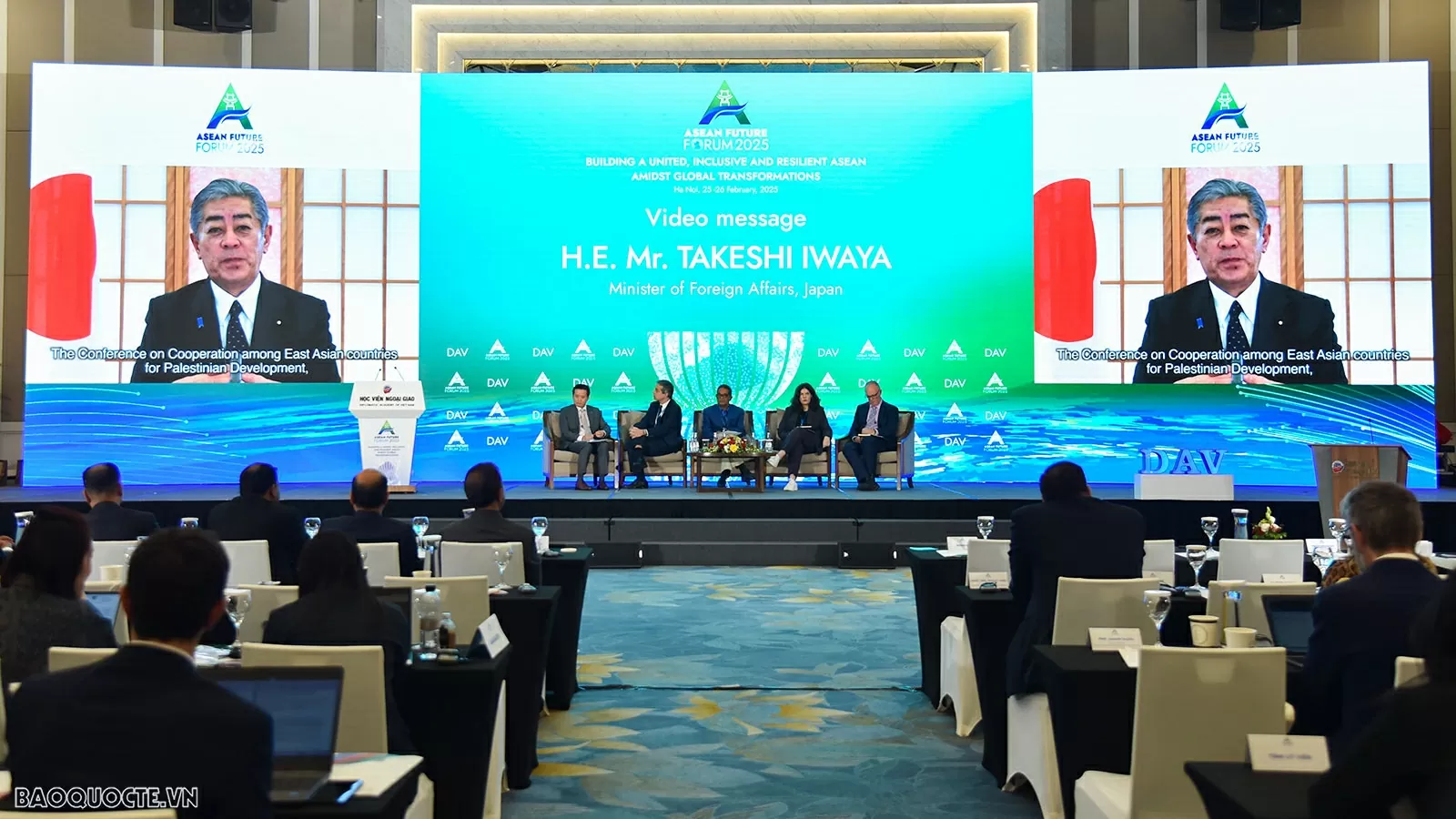 |
| On the afternoon of February 26, the fifth plenary session: “ASEAN’s role in uniting and promoting peace in a fragmented world” ASEAN Future 2025. (Photo: Tuan Anh) |
Expressing his support for the theme of the ASEAN Future Forum 2025, Japanese Foreign Minister Takeshi Iwaya affirmed that as divisions and conflicts in the international community become increasingly severe and the security environment becomes more complex than ever, the role of ASEAN - an important "link" of the Indo-Pacific region - is becoming increasingly essential for the peace and common prosperity of the entire region.
"Japan is committed to supporting ASEAN integration and continuously strengthening relations with ASEAN countries, considering this one of the top priorities. In particular, we wish to work with ASEAN to create a dynamic future by promoting cooperation in emerging areas such as green transformation and digital transformation. At the same time, Japan will strengthen substantive cooperation within the framework of the Asia Zero Emission Community (AZEC) initiative," said Minister Takeshi Iwaya.
As the international community is undergoing major changes, it is crucial to protect freedom, the rule of law, and promote values of diversity, inclusiveness, and openness. Japan is the first non-regional partner to express its full support for the ASEAN Outlook on the Indo-Pacific (AOIP).
"We are encouraged that the AOIP shares core principles such as openness, transparency, inclusiveness and rule-based, which are in line with the Vision for a Free and Open Indo-Pacific (FOIP) promoted by Japan. We will continue to work with ASEAN to make the AOIP a mainstream in regional cooperation," Mr. Takeshi Iwaya pledged.
According to the Japanese Foreign Minister, ASEAN's role is not limited to the region but is also important for global peace and stability. Japan wishes to expand cooperation with ASEAN on a global scale. A typical example is the Conference on Cooperation among East Asian Countries for the Development of Palestine (CEAPAD), where Japan and ASEAN join hands to contribute to the stability and prosperity of the Middle East region.
"Japan and ASEAN are true friends, bound by sincere feelings. Let's shape the future of Asia and the world together," Minister Takeshi Iwaya emphasized.
He wants to create a bright future with ASEAN.
Sharing through a video message, UK Foreign Secretary David Lammy said that after 6 months in his new position, he had 2 working trips to Southeast Asian countries and witnessed the vibrant cooperative relationship between ASEAN and the UK.
According to Mr. David Lammy, the theme of the ASEAN Future Forum 2025 shows that this is a time of global transformation, and it is important for countries to grasp the potential from those transformations. The UK is currently ASEAN's third largest partner in the financial services sector and one of ASEAN's top six investors.
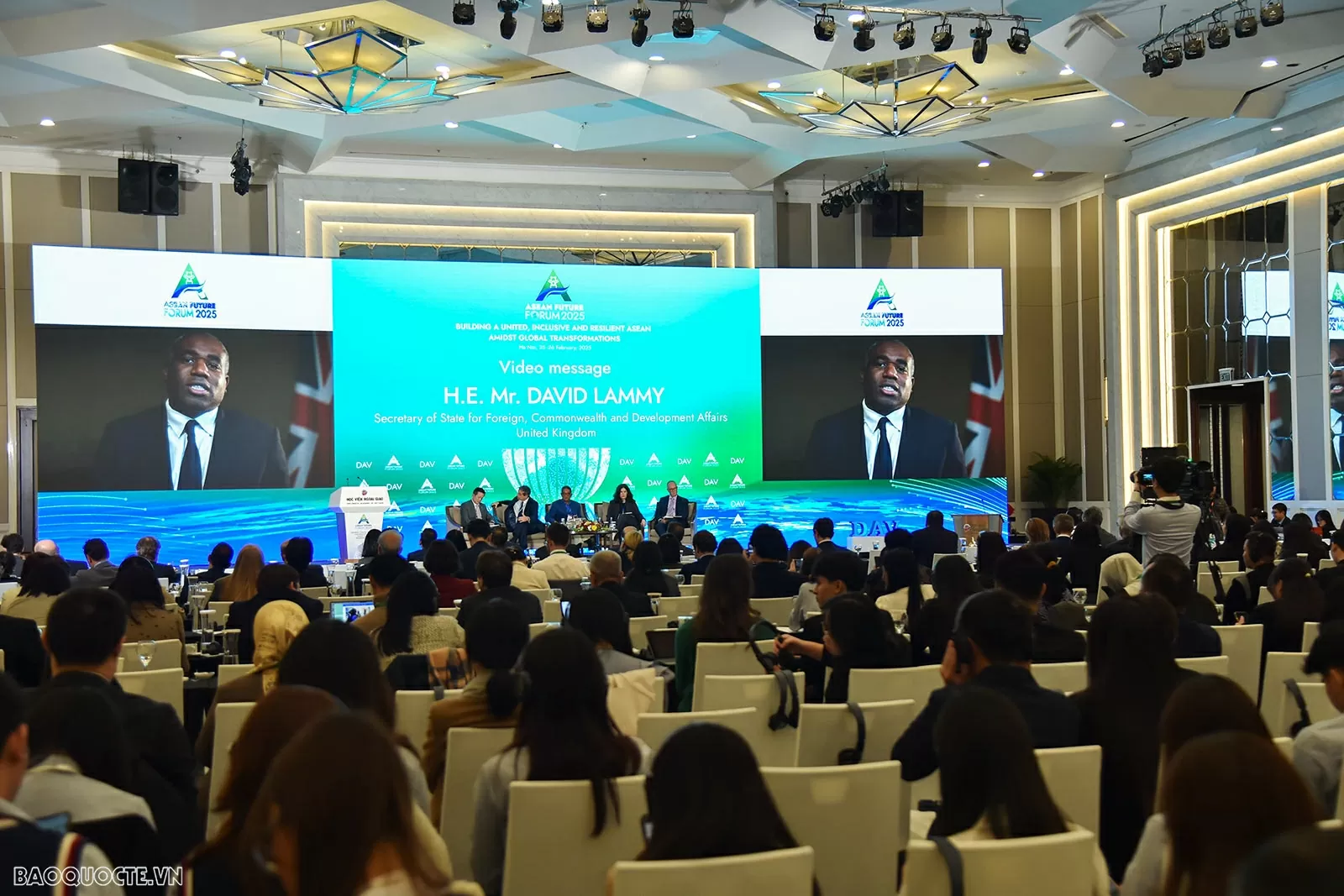 |
| UK Foreign Secretary David Lammy shares at the meeting via video message. (Photo: Tuan Anh) |
The UK Foreign Secretary expects the two sides to further strengthen cooperation in enhancing supply chain resilience and setting standards for new technologies such as artificial intelligence (AI) to create shared prosperity.
The UK supports the ASEAN Outlook on the Indo-Pacific (AIOP), the Code of Conduct (COC) negotiations in the South China Sea and the ASEAN Five-Point Consensus on Myanmar. We look forward to full membership in the ASEAN Regional Forum (ARF) and the ASEAN Defence Ministers’ Meeting Plus (ADMM+), thereby contributing to peace in the region and the world.
Minister David Lammy also expressed his desire to share experiences with ASEAN in areas such as clean energy and green finance... "We support ASEAN's central role, and believe that if we combine the UK's strengths and expertise, we can together create a brighter future," he said.
ASEAN-France partnership is more necessary than ever
Speaking at the fifth plenary session, Mr. Marc Abensour, Special Envoy of France for the Indo-Pacific, said that the partnership between ASEAN, France and the EU is more necessary than ever. In an increasingly fragmented world, with increasing strategic competition between major powers, the relationship between ASEAN, France and the EU is very important.
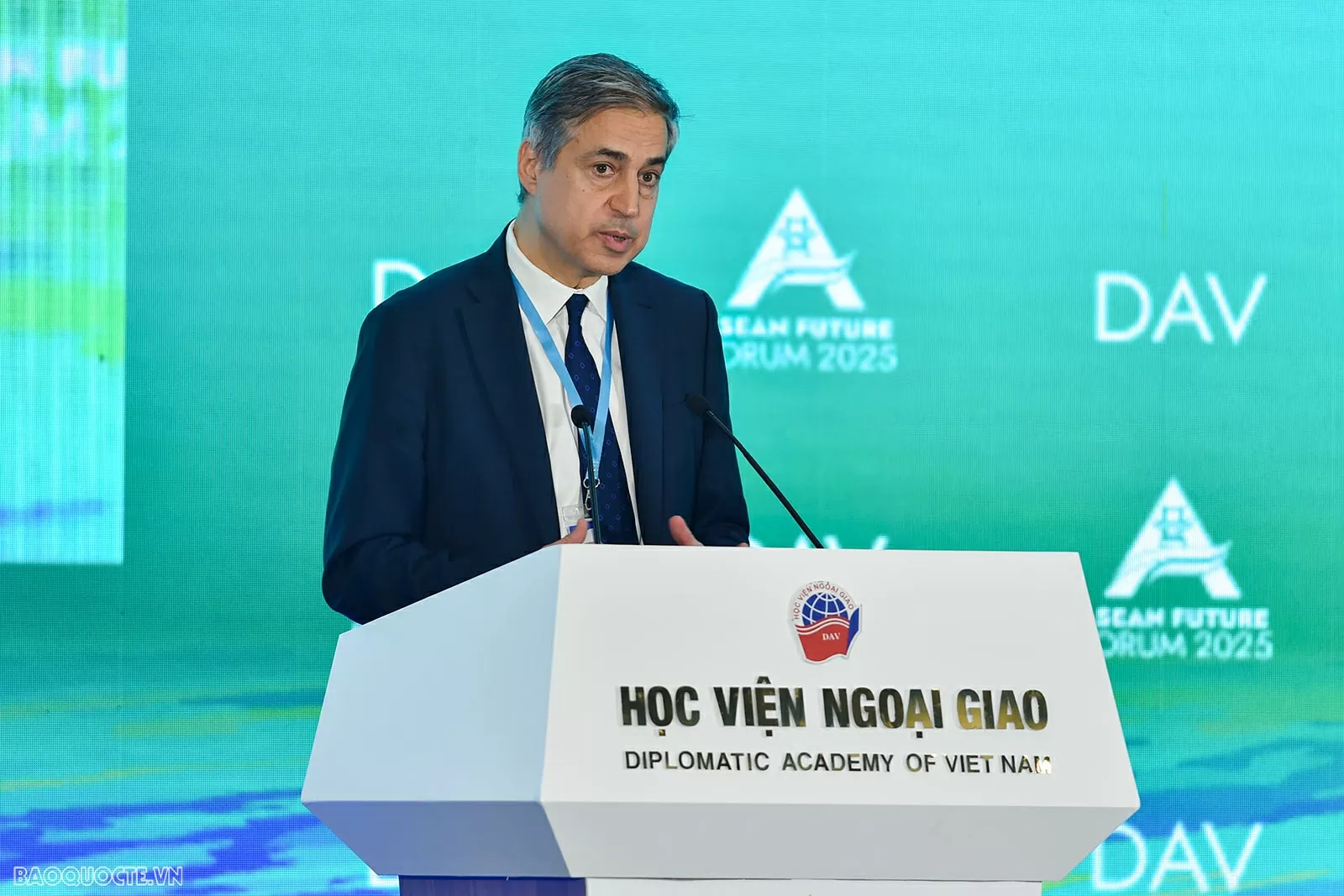 |
| Mr. Marc Abensour, French Special Envoy for the Indo-Pacific, affirmed that ASEAN is the center of France's Indo-Pacific Strategy. (Photo: Tuan Anh) |
“We share very similar commitments and this is demonstrated through the EU and French strategies for the Indo-Pacific region and through the ASEAN AOIP Vision. We have very similar commitments to a rules-based order and these commitments are also demonstrated to multilateralism, international cooperation and inclusive development,” Mr. Marc Abensour affirmed.
According to the French Special Envoy for the Indo-Pacific, ASEAN is central to France's Indo-Pacific Strategy and this is clearly demonstrated through French President Emmanuel Macron's visit to Southeast Asia next May.
Mr. Marc Abensour also reviewed the milestones of cooperation between ASEAN and France: Paris became a development partner of ASEAN more than 5 years ago; cooperation in energy development; cooperation in the fields of training and innovation; development projects; maritime cooperation...
“Finally, I would like to emphasize that, whether it is the French approach or the EU approach, we will continue to play a very proactive and strategic role next to the Indo-Pacific region,” Mr. Marc Abensour emphasized.
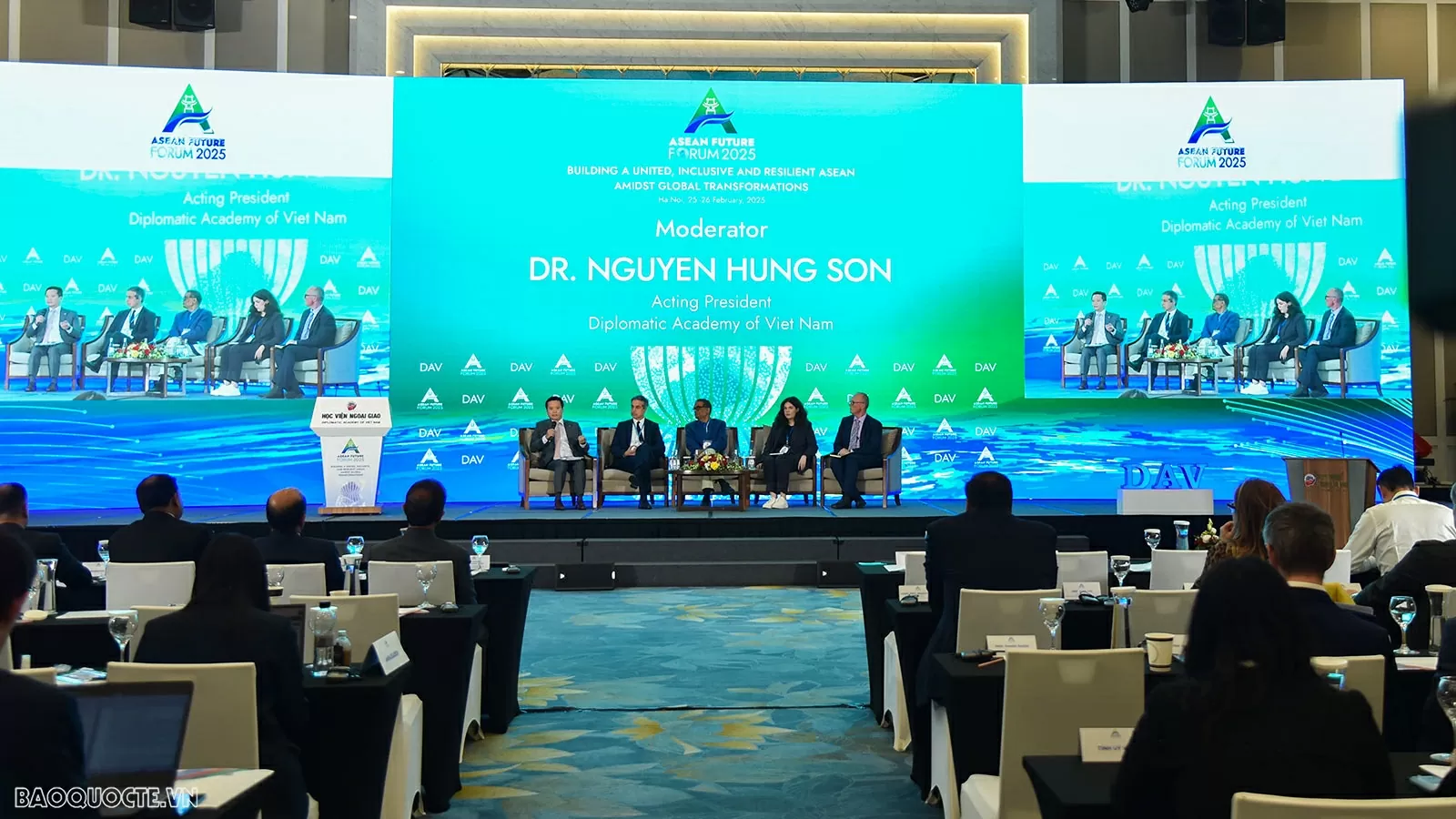 |
| The fifth plenary session focused on discussing ASEAN’s potential and role in bridging the gap between countries in a fragmented world. (Photo: Tuan Anh) |
With the coordination of Dr. Nguyen Hung Son, Acting Director of the Diplomatic Academy (Ministry of Foreign Affairs), the fifth plenary session continued to focus on the potential and role of ASEAN in narrowing the gap between countries in a fragmented world. The discussion revolved around ASEAN's central role in the reshaping regional architecture, with a particular emphasis on its ability to promote dialogue in the context of competition between major powers.
In addition, experts focused on analyzing how ASEAN can take advantage of its unique position in promoting cooperation, including sub-multilateral cooperation, while maintaining intra-bloc solidarity; finding new solutions to enhance ASEAN's voice at international forums, while strengthening ASEAN's cohesive role, balancing regional interests and global challenges.
The ASEAN Future Forum 2025 took place from February 25-26, with more than 600 delegates attending in person, including over 230 international delegates, an increase of more than 2.5 times compared to 2024. In particular, this year's Forum was honored to have the presence of President of Timor Leste José Ramos-Horta, Prime Minister of Malaysia, Chair of ASEAN 2025 Dato' Seri Anwar bin Ibrahim, Prime Minister of New Zealand Christopher Luxon, Secretary General of ASEAN Kao Kim Hourn; along with video messages from the Prime Minister of Thailand, President of the European Commission and Deputy Secretary-General of the United Nations; over 10 Deputy Prime Ministers and Ministers of countries attending in person and sending video messages, 160 diplomatic delegates (including 40 Ambassadors), and 230 domestic delegates (including 20 leaders of ministries and branches, 10 leaders of provinces and cities). See more articles about ASEAN Future Forum 2025 on World and Vietnam Newspaper here. |




![[Photo] President Luong Cuong attends special political-artistic television show "Golden Opportunity"](https://vphoto.vietnam.vn/thumb/1200x675/vietnam/resource/IMAGE/2025/8/22/44ca13c28fa7476796f9aa3618ff74c4)



![[Photo] Prime Minister Pham Minh Chinh chairs the conference to review the 2024-2025 school year and deploy tasks for the 2025-2026 school year.](https://vphoto.vietnam.vn/thumb/1200x675/vietnam/resource/IMAGE/2025/8/22/2ca5ed79ce6a46a1ac7706a42cefafae)
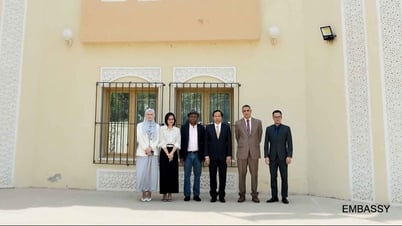
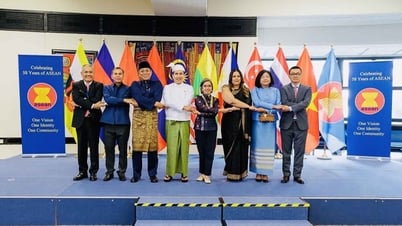
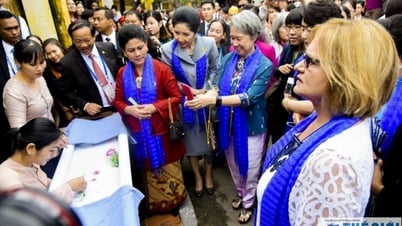
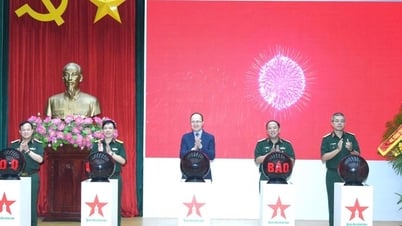

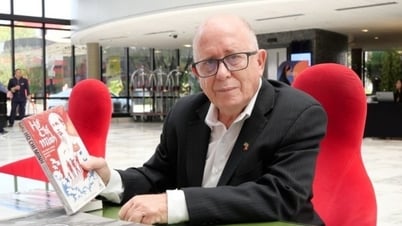

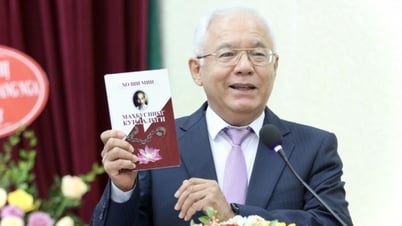





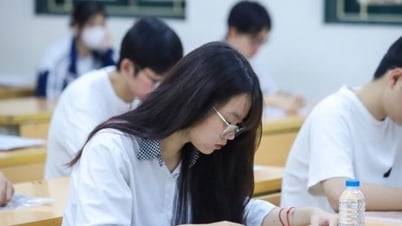
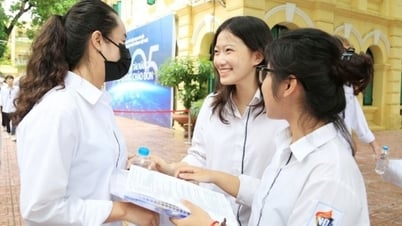
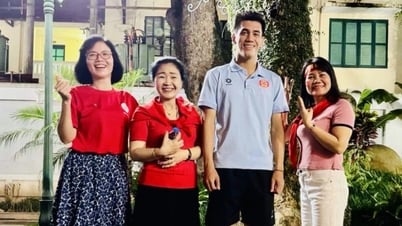
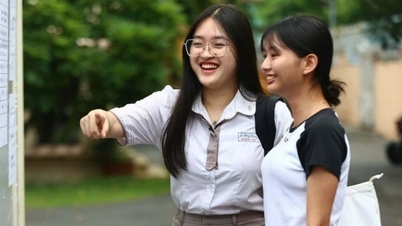
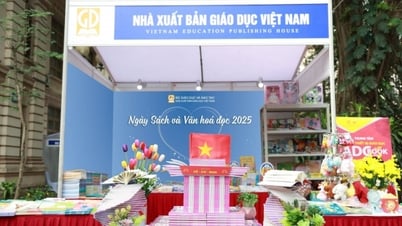
















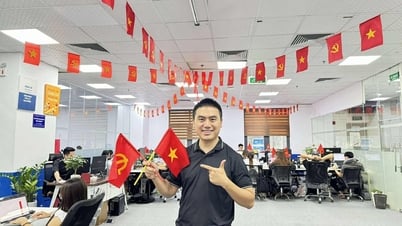














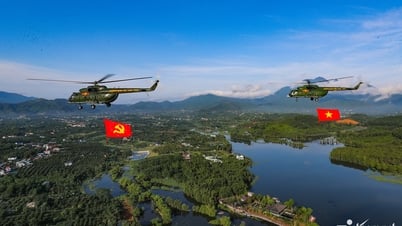
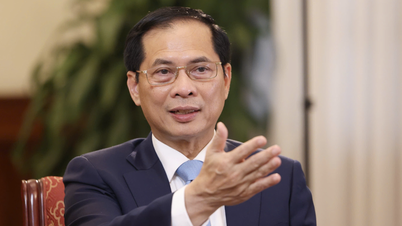

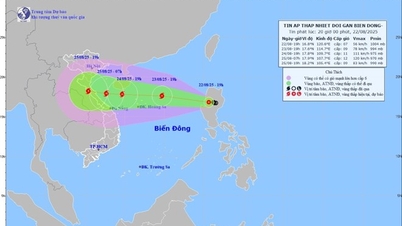

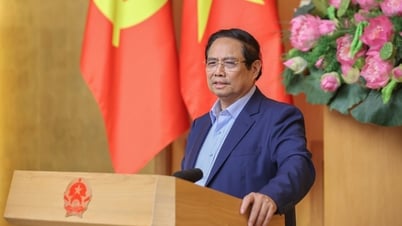
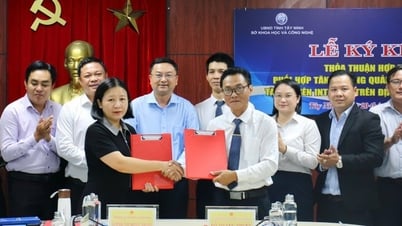


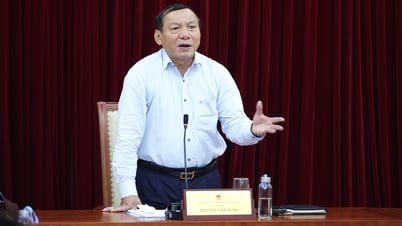

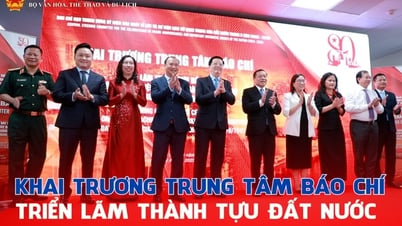
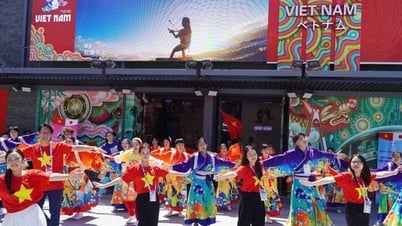
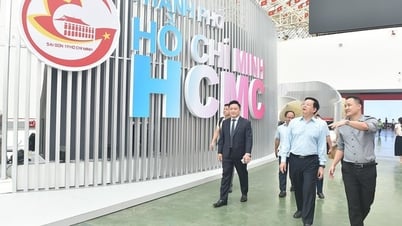
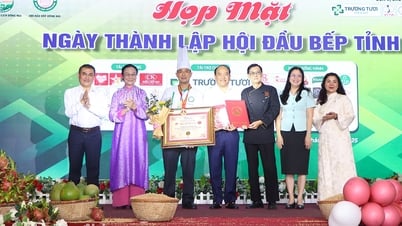

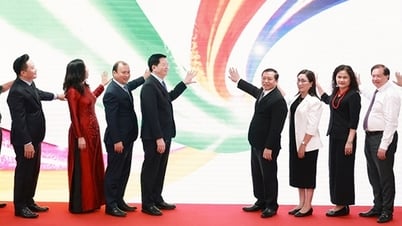



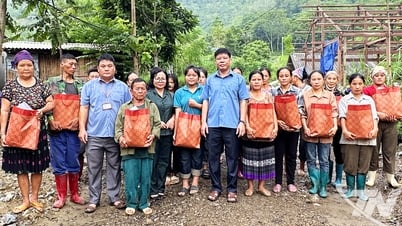

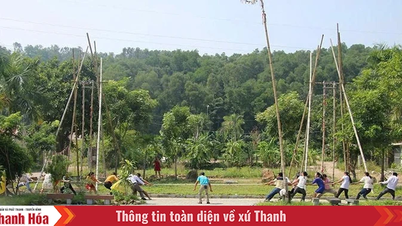











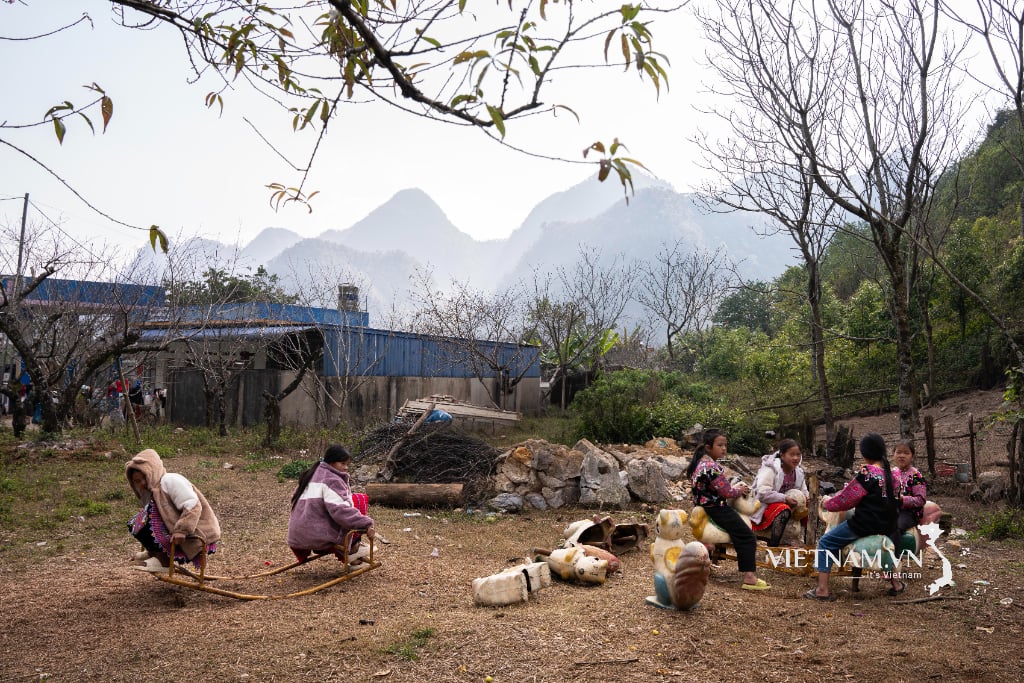
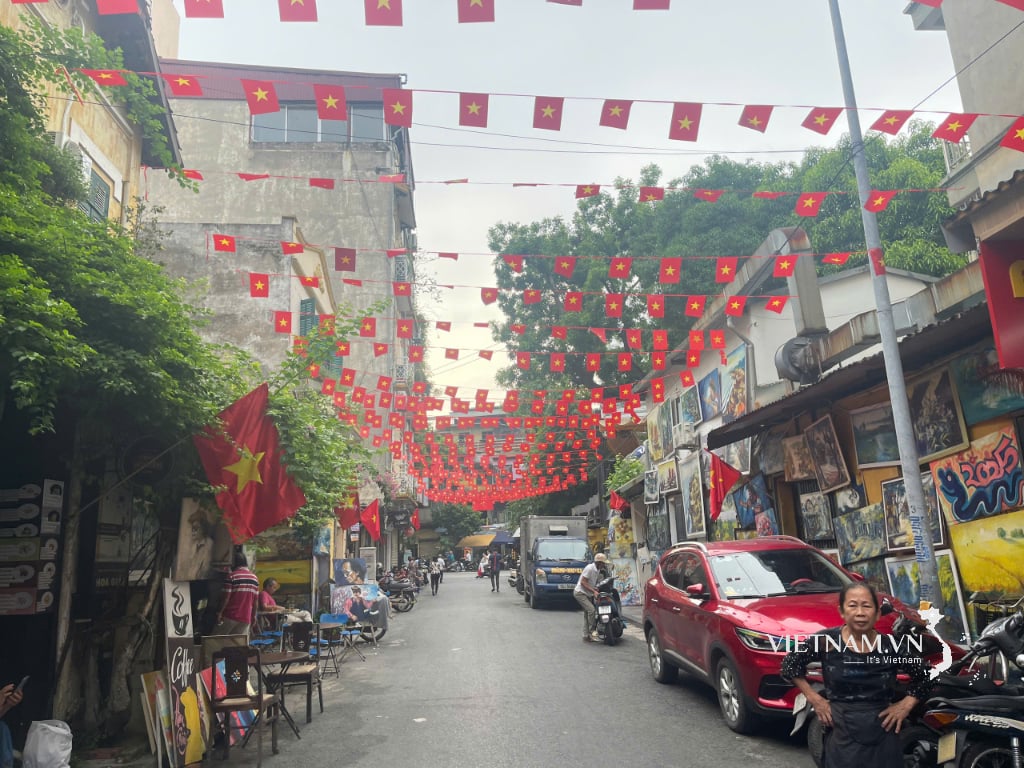
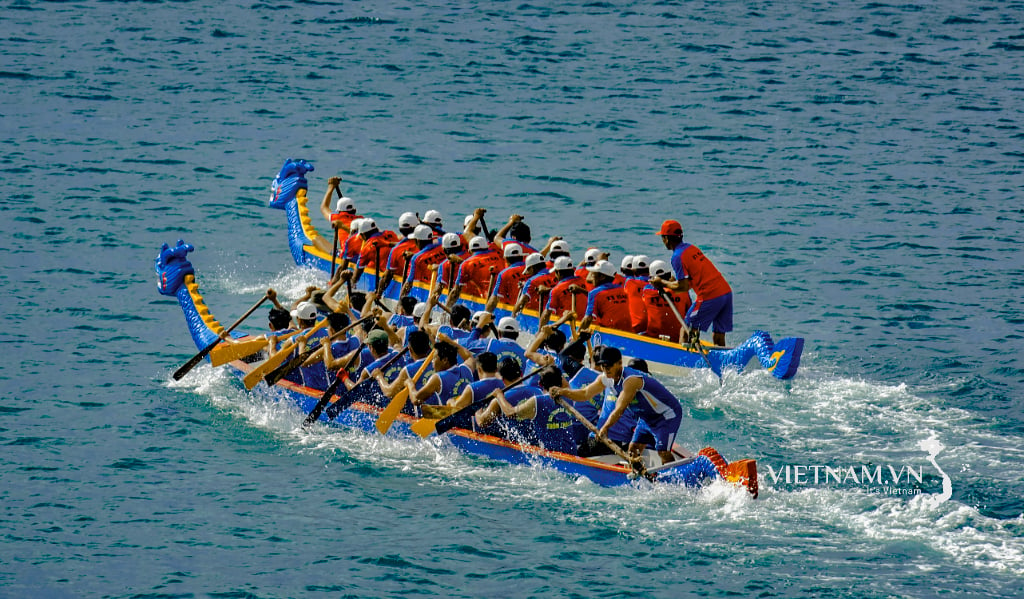

Comment (0)